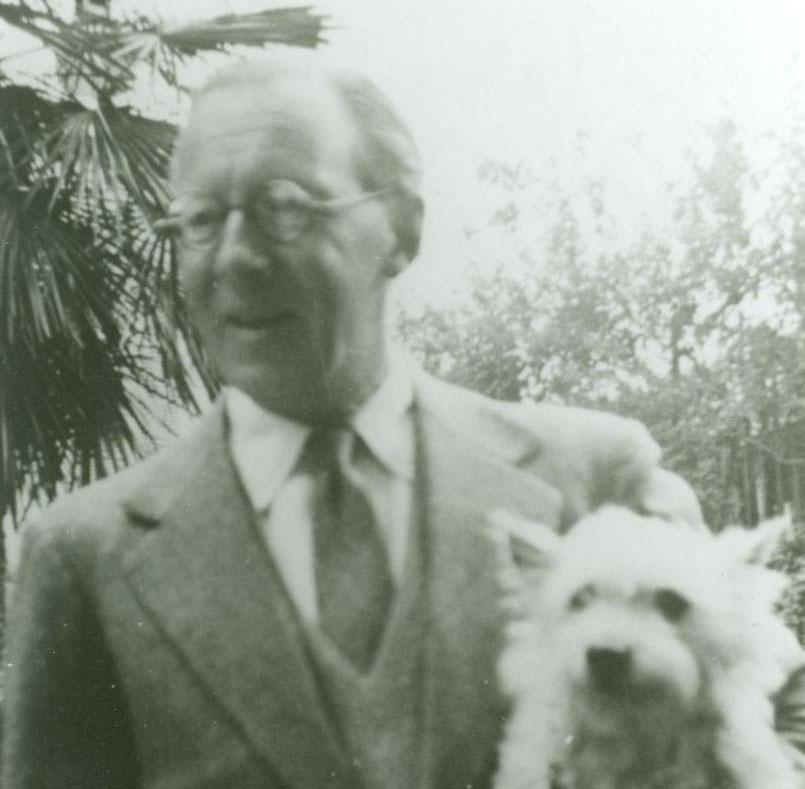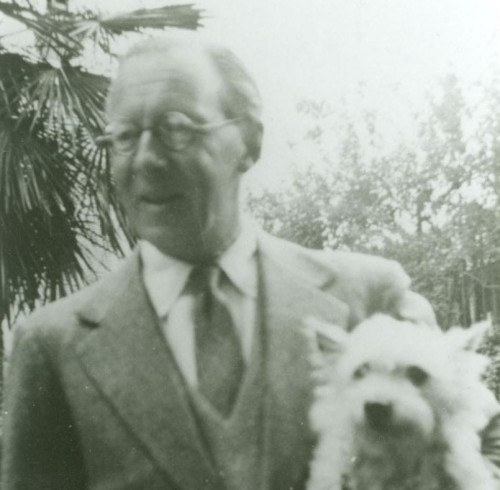5th November 2014
Taking risks for the Church


Pope Francis often talks of the need for priests to take risks, to get out into the streets, to live the message of the Gospel. This week I met a group of people who are living witnesses to just such an approach – descendants, relatives and friends of Msgr Hugh O’Flaherty, Major Sam Derry, and others involved in the British Organisation in Rome for Assisting Allied Escaped Prisoners of War during World War II. The organisation worked autonomously from, but under the umbrella of the British Minister to the Holy See, D’Arcy Osborne, unable to leave the relative safety of the Vatican from 1940-44.
A native of County Cork, Msgr Hugh O’Flaherty worked with great courage and charity to assist Allied Prisoners of War, first as Secretary to the Papal Nuncio in Italy, and later as the key organiser of the operation working out of the Vatican – ironically, from the Pontifical Teutonic College – that helped nearly 4,000 escaped PoWs from well over 25 countries after the September 1943 Armistice until the June 1944 Liberation of Rome. The wartime Italian High Command had already marked him as a champion of “the cause of all Allied PW, persecuted Jews, anti-Fascists and refugees and thus disturbed the Italian Fascists’ conscience and policy towards those unfortunate people”. And he was officially warned through the German Embassy in Rome. The SS was on his case. A clerical collar was no guarantee of safety, as anyone knows who has seen the extraordinary vivid, and almost contemporary, film “Roma Citta Aperta”. But that did not stop Msgr O’Flaherty working indefatigably for freedom.
Msgr O’Flaherty was not taking sides. After the Liberation, he also worked on behalf of the well-being of German and Italian PoWs. He was doing what was right. Major Derry – the British military officer, himself an escaped PoW, working with him – wrote about Msgr O’Flaherty and others in his Organisation that “it is impossible for me to express, in words, our gratitude for all that they have done”. I was delighted at the event held at my Residence this week to reiterate those sentiments.
Msgr Hugh O’Flaherty epitomized charity, love of God and love of neighbour. His faith undoubtedly sustained him as he endeavoured to help those in need. We thank God for his humility, bravery and enduring legacy. Some have likened the actions of Pope Fancis to O’Flaherty when Argentina experienced turmoil and difficulties and many priests faced certain death. At this juncture in our history when so many are persecuted because of their faith we would do well to remember his motto ‘God has no country.’
On behalf of the Derry Family, I would like to express my sincere thanks and appreciationfor the hospitality shown to us by Ambassador Nigel Baker at his residence in Rome.
I am sure that this memorable occasion will help to ensure that the incredible story of The Monsignor and The Major in Rome during The Second World War will continue to live on for many years.
Thanks to Ambassador Baker for warmly welcoming the visiting group this week – your hospitality was much appreciated as was your research into the Hugh O’Flaherty story.
Jerry O’Grady
Chairman – Hugh O’Flaherty Memorial Society
Killarney – Ireland